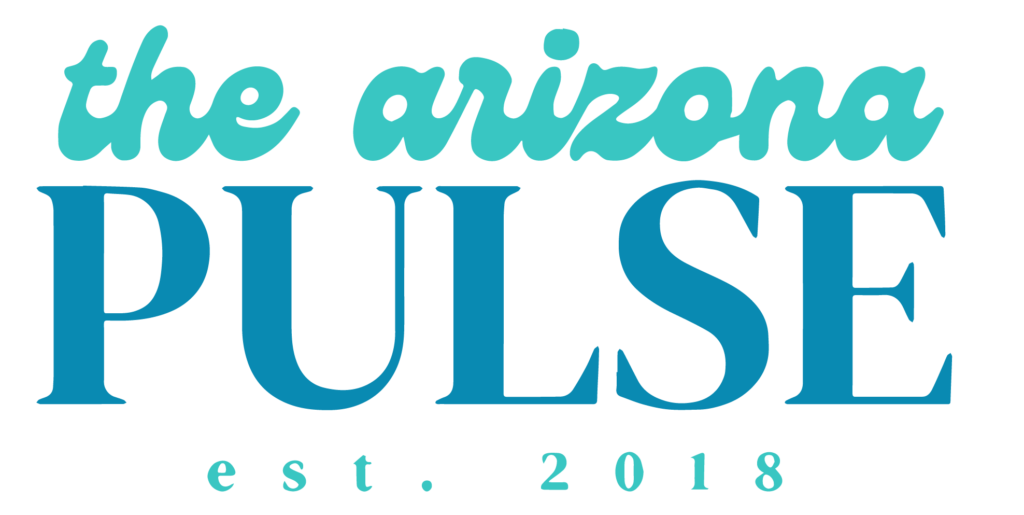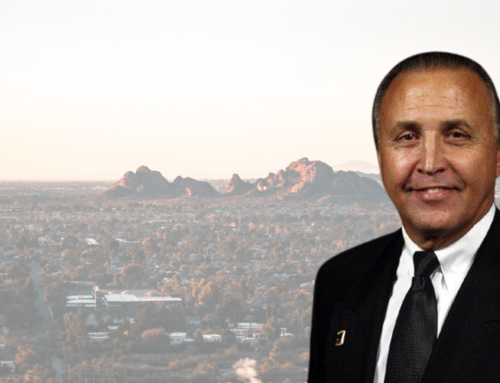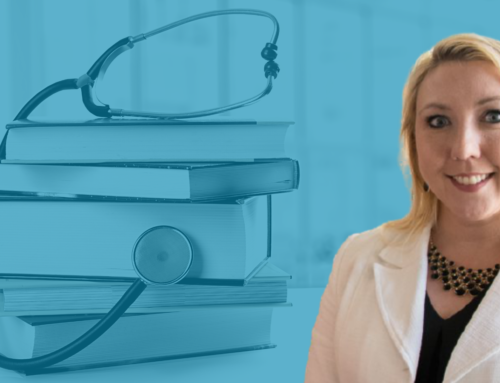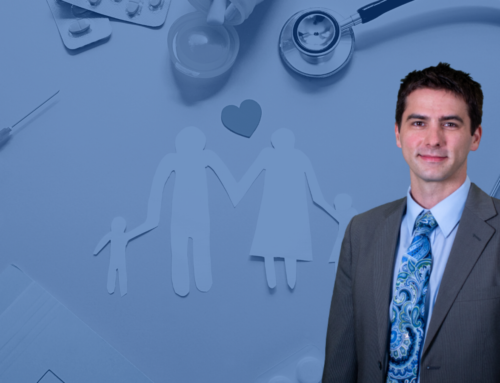Written By:

Kenneth V. Iserson, MD, MBA
Physician leaders do the right things and stimulate change through motivation, as opposed to managers, who do things right and use control to produce predictability and order. [1,2] Physician leaders ask the ‘what’ and ‘why’ questions, thinking about the future, missions, intent, and purpose, rather than the ‘how’ questions and control mechanisms. [1] Physicians can be formal (appointed) and informal leaders, a much larger group that plays a critical role in organizations.[3]
While the methods to nurture and to develop the best physician leaders are uncertain, we know that “most physicians possess the behavioral characteristics essential for leadership and exhibit some degree of leadership in their organizations.” [3] Admired physician leaders require many qualities, such as the ability to challenge the status quo, act as energetic and positive role models, inspire a shared vision, enable others to act, and encourage others. They also are willing to listen empathetically and resolve conflicts, and, although it is often not discussed, they have recognized clinical expertise. [4]

How can physicians acquire the knowledge, skills, and personal attributes required for leadership? Volunteer service offers a variety of paths to gaining these attributes. Ideally, volunteering begins early in life, and certainly before medical school. Yet students in or on their way to a medical career often complain: “I don’t have enough time!” Not true. You always have time to do what you want to do. If volunteering becomes a habit early in one’s career, it is easy to continue. Luckily, you can jump in at any time: before and during medical school, in residency or fellowship training, while in practice, and after retirement.
Volunteer opportunities abound within our own professional organization (clinic, department, hospital), local and national physician groups, other medical activities (Red Cross, free clinics, fire department and ambulance services), schools (athletic departments, teaching), religious groups, social and service groups, and politics.
International volunteering presents a unique opportunity for physicians. [Table] Whether in a medical position or not, physician–participants will acquire the leadership attributes associated with “doing the right thing.” If working within medicine, they will greatly expand their own clinical expertise due to the frequent “need to work in general medical settings, provide public health interventions, help with clinical and didactic teaching for health professions students or practitioners, and provide and administrative support for the local healthcare system. Clinician volunteers for disaster responses may work in any or all these areas.” [5]

Leadership Skills Learned in Global Volunteering [6]
- Improve team-building skills
- Broaden global perspective
- Enhance understanding of and appreciation for other cultures
- Become a more effective communicator
- Improve ability to face new challenges
- Help people in need
Why volunteer? Physician volunteers have a variety of personal motivations, none of which usually involve finding pathways to become leaders. Generally, they do service for self-satisfaction, because doing good for others always improves a person’s self-image and sense of well-being. Older physicians may get additional health and socio-emotional benefits from volunteering. [7]

My own volunteer life has been guided by the ideas of interest and service, that is, the activity must hold my interest and be of service to the community or to the world. These twin motivations coalesced during my senior year in high school, when I worked as a pre-EMT-era “aid-man” with the local ambulance service. I continued to do weekend shifts throughout my undergraduate program until, eventually, I became one of the early EMT instructors. During my emergency medicine residency, I began teaching the newly adopted American Heart Association ACLS course, served on our newly formed specialty organization’s committees, and developed our residency’s first didactic program. Over the course of my nearly three-decade-long career as a University of Arizona physician faculty member, all activities other than clinical and research work were volunteer. These included 25 years chairing our very active
bioethics committee and consult service, representing the College of Medicine at the AMA, and serving in multiple capacities in our national professional organizations. I was also the medical director and a field member of the Southern Arizona Rescue Association (search and rescue) for 25 years.
Internationally and after disasters, I have worked or taught on all seven continents (including 15 months in Antarctica) through NGOs (non-governmental organizations), private organizations, and the federal Disaster Medical Assistance Team (DMAT). [8] Currently, I spend two to three months a year working at and teaching in the Emergency Medicine residency program in Georgetown, Guyana (run by Vanderbilt University). In Arizona, I regularly provide medical services at Clínica Amistad, a free healthcare facility on Tucson’s south side. Overall, my efforts have stayed true to my early goals: to focus on interest and social benefit. My plan is to continue these into the foreseeable future.

My volunteer activities have led me to write numerous articles and books designed to for example, demystify the process of global volunteering and share knowledge about improvised medicine. For other physicians, volunteering may spark new ways to approach their own areas of interest and expertise, and foster those qualities associated with leadership, such as empathetic listening, creative problem-solving, and clinical expertise. In the end, however, helping others is its own reward; if it makes your life more interesting and you derive professional benefits, is a so much the better.
Kenneth V. Iserson, M.D., MBA, FACEP, FAAEM is a Fellow, International Federation for Emergency Medicine and Professor Emeritus, Emergency Medicine at the University of Arizona, Tucson. Dr. Iserson is Medical Director (Emeritus) of the Southern Arizona Rescue Association (search & rescue), a Supervisory Physician with Arizona’s Disaster Medical Assistance Team (AZ-1), and a member of the American Red Cross disaster response team. Dr. Iserson now limits his medical practice to global and disaster medicine. In the past few years, he has practiced or taught on all seven continents, including six months as Lead Physician for the US Antarctic Program.
Photos: Property of and provided by Dr. Kenneth Iserson.
Resources:
1. Loeb M. Where leaders come from. Fortune. September 19, 1994:241.
2. Burnett D. Transformational change in academic health centers. University Health System Consortium. Presentation to the Certificate of Medical Management Program, University of Kentucky, March 26, 1999. Quoted in Schwartz 2000.
3. Schwartz RW, Pogge C. Physician leadership: essential skills in a changing environment. Am J Surg. 2000;180:187–192.
4. Taylor CA, Taylor JC, Stoller JK. Exploring leadership competencies in established and aspiring physician leaders: an interview-based study. Journal of General Internal Medicine. 2008 Jun 1;23(6):748-54.
5. Iserson KV. Burnout syndrome: global medicine volunteering as a possible treatment strategy. Journal of Emergency Medicine. (In press, 2018).
6. Iserson KV. The Global Healthcare Volunteer’s Handbook: What You Need to Know Before You Go. Tucson, AZ: Galen Press, Ltd; March 2014. ISBN 978-1-883620-38-7 (print); ISBN 978-1-883620-39-4 (eBook).
7. Tang F, Choi E, Morrow-Howell N. Organizational support and volunteering benefits for older adults. The Gerontologist. 2010 Mar 8;50(5):603-12.
8. Iserson KV. Tackling the global challenge: humanitarian catastrophes. Western Journal of Emergency Medicine. Mar 2014;15(2): 231–240. doi: 10.5811/westjem.2013.12.20125





